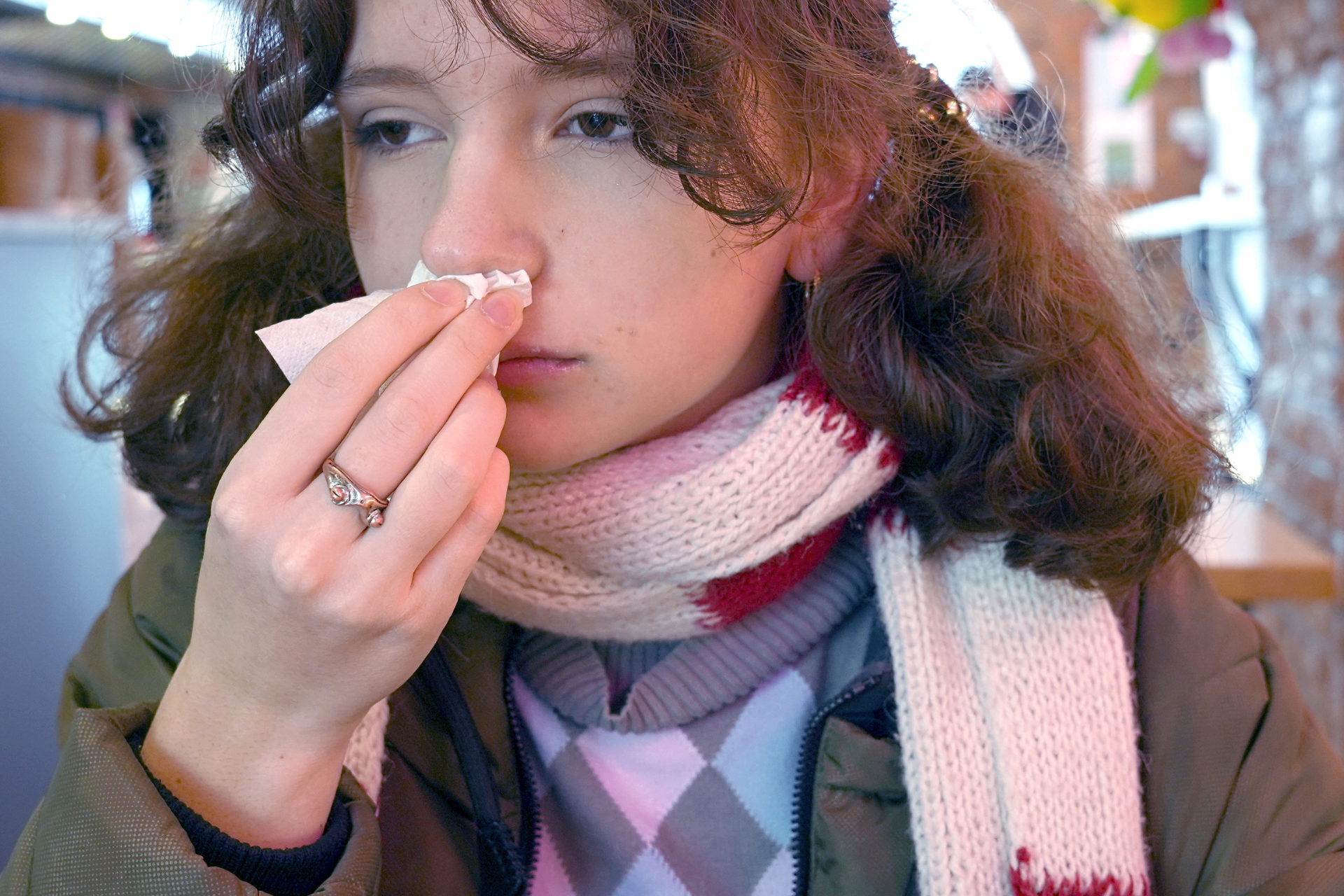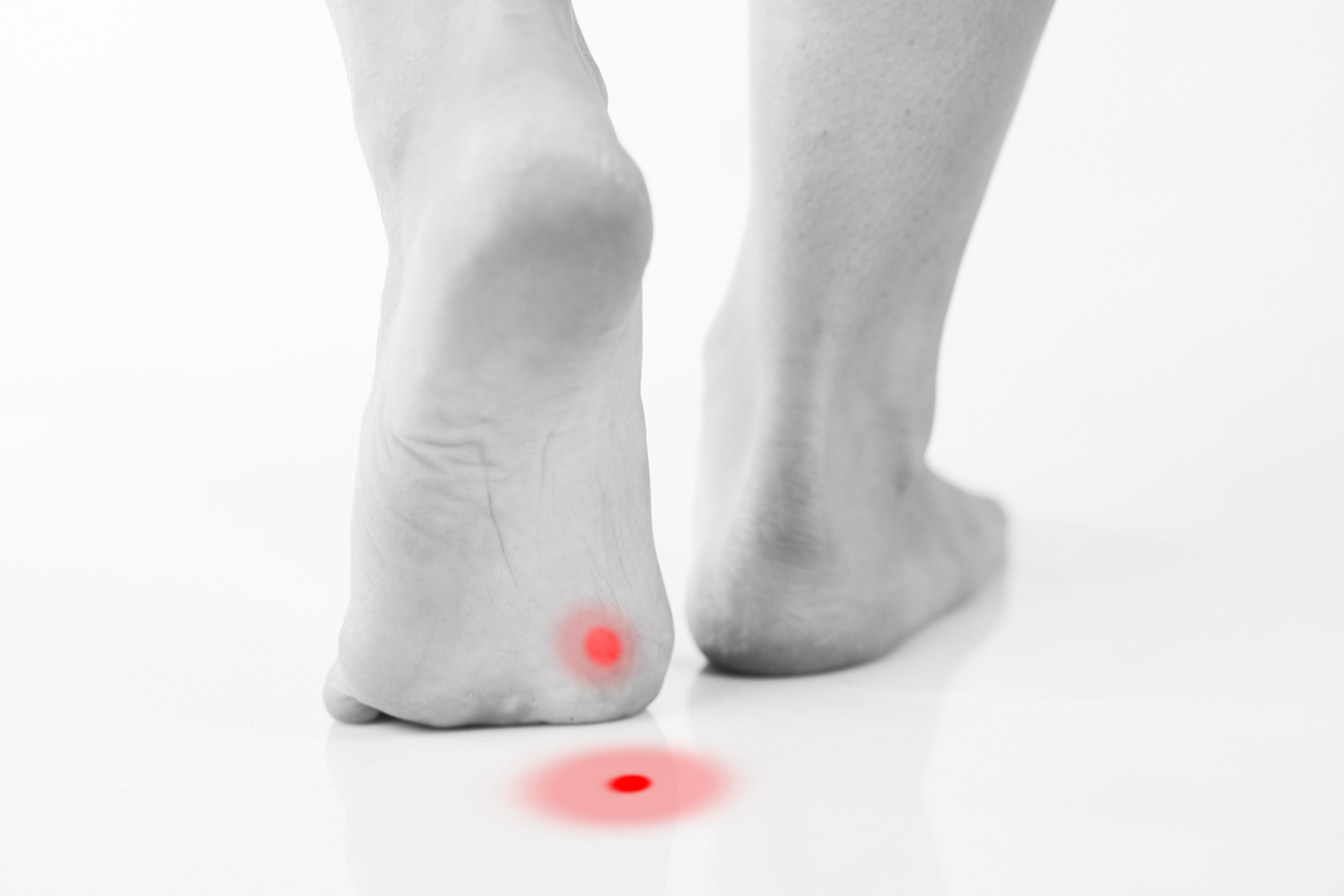Colds vs. Allergies: How to Tell the Difference and Treat Each

As the seasons change, many individuals find themselves grappling with sniffles, sneezing, and other troublesome symptoms. At Fall Creek Skin and Health Clinic, we understand how confusing it can be to differentiate between a common cold and allergies, especially as they can exhibit similar symptoms. Recognizing the distinctions between the two can significantly impact your treatment and recovery. Here’s a look at how to spot the differences and the best ways to treat each condition.
Identifying the Symptoms
Colds typically present with a combination of symptoms including a runny or stuffy nose, sore throat, cough, and occasionally a mild headache or body aches. Colds are caused by viral infections, often spreading through respiratory droplets when an infected person sneezes or coughs. Symptoms gradually develop and may last around 7 to 10 days.
Allergies, on the other hand, are triggered by the immune system's response to allergens, such as pollen, dust mites, or pet dander. Common symptoms include excessive sneezing, itchy or watery eyes, a runny or congested nose, and skin rashes, such as hives. Unlike colds, allergy symptoms often occur suddenly and may persist as long as you're exposed to the allergen. Additionally, allergies do not cause fevers or body aches.
Timing is Key
Timing can also help narrow down the culprit of your discomfort. Colds are more prevalent during colder months, while allergies can flare up during specific seasons, particularly spring and fall, when pollen counts rise. If your symptoms coincide with certain environmental changes or after contact with pets or dusty areas, it’s likely that allergies are at play.
Testing for Allergies
If you suspect you have allergies, consider seeing a healthcare professional at Fall Creek Skin and Health Clinic for testing. We can conduct skin or blood tests to identify specific allergens. This information can be crucial in managing and treating your symptoms effectively.
Treatment Options
Cold Treatment
When it comes to treating a cold, rest and hydration are key. Over-the-counter medications, such as decongestants or antihistamines, can provide relief from symptoms. Throat lozenges and saline nasal sprays are great for soothing throat irritation and congestion. It’s important to avoid antibiotics unless prescribed by a healthcare professional, as they are ineffective against viral infections.
Allergy Treatment
For managing allergies, avoidance of known triggers is the first step. Over-the-counter antihistamines can help alleviate symptoms, while nasal corticosteroids can reduce inflammation. In some cases, allergy shots (immunotherapy) may be recommended for long-term relief. Keeping the windows closed during high pollen seasons and using air purifiers at home can also significantly improve comfort.
Conclusion
Understanding the differences between colds and allergies is essential for effective treatment. At Fall Creek Skin and Health Clinic, we’re dedicated to providing comprehensive care for all your health concerns, whether they involve skin-related issues or general health problems. If you're experiencing persistent symptoms, don’t hesitate to contact us. Our team of professionals is here to guide you towards a healthier, more comfortable life.




